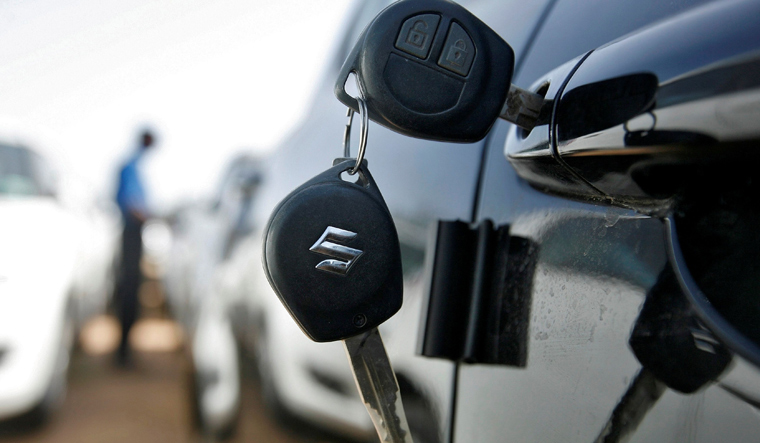By 2022, most of India's vehicle safety will be at par with global standards and some features may even surpass the levels of the US, a senior government official said Wednesday.
Abhay Damle, Joint Secretary of the Ministry of Road Transport and Highways (MoRTH), stressed that advanced safety features are required in all vehicles in India and cannot be confined to luxury vehicles only.
He made these remarks while participating at the demonstration of crash avoidance technologies in vehicles at the Buddh International Circuit in Greater Noida. The demonstration was held under the #StopTheCrash campaign launched in India by UK-based charity Global New Car Assessment Programme (NCAP) in association with the Institute of Road Traffic Education (IRTE).
"Features like Anti-Lock braking have already been made mandatory in two-wheelers and by next month (October), all new cars will have pedestrian safety features, including new design of the bonnet, to reduce impact on pedestrians during accidents," Damle said.
He said the government is trying to ensure that manufacturers add all safety features in their vehicles.
The Electronic Stability Control (ESC) and the Autonomous Emergency Braking (AEB) will be incorporated in new vehicles between 2022 and 2023. While the Anti Lock Brakes (ABS) and automatic headlights for two-wheelers has already been mandated, he added.
"By 2022, most of our vehicle safety will be at par with global standards and some safety features may surpass the United States' safety standards even," the joint secretary said, recalling that Union Road Transport Minister Nitin Gadkari has already made an announcement in this regard.
"But the real challenge is bringing in maximum safety at affordable cost so that cost of vehicles does not go up steeply," Damle said.
The demonstration, held on the country's only F-1 circuit premises, included showcasing of advanced technologies like the ESC and AEB in cars and the ABS for two-wheelers.
On dry, wet or slippery roads if any vehicle starts to skid, the ESC corrects the slide by reducing engine torque and braking individual wheels to bring the vehicle back on course. The AEB uses forward looking radar, cameras or optical sensors or a combination of these sensors to help quickly and accurately detect impeding vehicles, pedestrians, and potentially other obstacles.
David Ward, secretary general of Global NCAP, said the 'Stop The Crash' programme will also encourage the adoption of autonomous braking systems, a technology that is known to greatly reduce the risk to both the car in question and other vehicles or vulnerable road users around it in case of a detected crash or obstacle.
"New two-wheelers sold in India greatly outnumber the number of cars sold in the country and safer two-wheelers can greatly reduce the number of accidents and fatalities on Indian roads," said Ward, also the president of the 'Stop The Crash' campaign.
With the campaign, the charity also announced its inaugural 'World Congress', aimed at facilitating dialogue on a global roadmap for vehicle safety with the automobile manufacturers, senior policy makers, road safety experts and fleet managers.
"The main theme of the World Congress will be how NCAPs worldwide have succeeded in building a market for safer cars by raising consumer awareness of the critical safety choices they make when buying a new vehicle," saidRohit Baluja, president, IRTE.
"The experience of NCAPs in South East Asia and Latin America and their relevance to similar emerging markets in India and Africa will also be discussed," he added.



